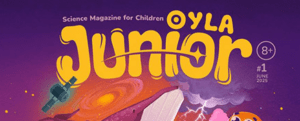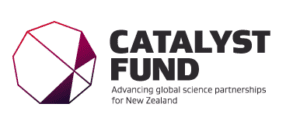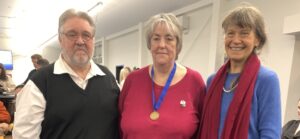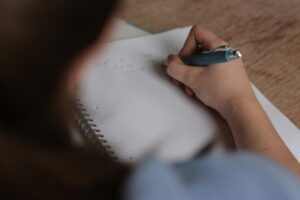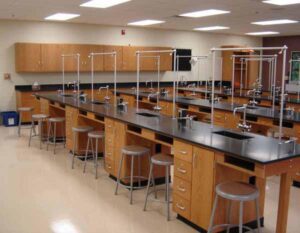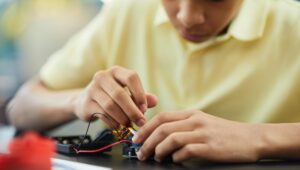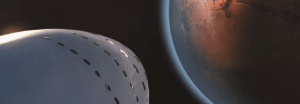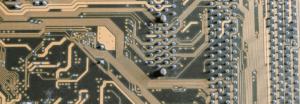From hands-on classroom experiments to explorations of the universe, social media is opening new doors for science education. In this article, five Kiwi science influencers – a physics YouTuber, a bush-trained conservationist, a primary STEM teacher, a wildlife expert and a fossil hunter – share their passion for science and how they use their online […]
Read MoreMEMBERS’ Discount: OYLA Junior Science Magazine Junior
OYLA Science Magazine has provided NZASE members with a 20% discount code for their junior magazine. It is valid until the end of April 2026. Please only share with NZASE members. Use: NZASE20 at checkout. OYLA Junior is a science magazine aimed at primary and intermediate-aged students. It includes short articles, photographs, diagrams, and explanations […]
Read MoreEOTC Profile: Tongariro National Trout Centre
Set beside the crystal-clear waters of the Tongariro River, the Tongariro National Trout Centre is very much a living classroom, where students can get hands-on with freshwater science, conservation and kaitiakitanga. From spotting trout and tiny water bugs to exploring hatcheries, hydro power, and the big questions around introduced species, educator Clint Green offers engaging […]
Read MoreCatalyst Fund: Influence Annual Reporting 2025
Peter Spratt Medal 2025 | Sandy Jackson
Award citation from Sally Birdsall: I am nominating Sandra Jackson for the Peter Spratt Medal. Over her career, she has made a vast, highly valuable and sustained contribution to science education locally and nationally. Sandra has been a specialist primary science teacher at Kings School for 26 years. During this time, she led the science […]
Read MoreExams | S1.3 and S1.4
Exams are currently available for these standards from NZASE. Please send requests to Donna at [email protected]
Read MoreHealth and safety | Laboratory and chemical standards: Guidelines for safe science practice
Free member access to laboratory and chemical standards NZASE members now have free access to the 12 standards about lab and chemical safety below, as NZASE has paid for a subscription to NZ Standards. These standard documents are essential references when storing and using new lab supplies, and during refurbishment and rebuilding. Download our article […]
Read MoreSafety and Science | Pūtaiao guidance
The Safety and Science | Pūtaiao guidance is designed to be used in collaboration with The Science Toolbox resource, which supports primary school teachers to identify materials for use in their science programmes.
Read MoreTeam Rocket: Exploring forces through fair testing and scientific inquiry
This activity focuses on the science concept of forces, incorporating fair testing with literacy and numeracy opportunities. It is suitable for a range of year groups (suggested curriculum levels 4 to 5) and encourages students to explore forces through hands-on experiments. Team Rocket Activity
Read MoreTesting conductivity: Integrating literacy and numeracy in science education
This resource presents an activity on testing conductivity, integrating literacy and numeracy into science education. Suitable for a range of year levels (Years 6-10), it encourages students to explore electrical conductivity through practical experiments.
Read More

